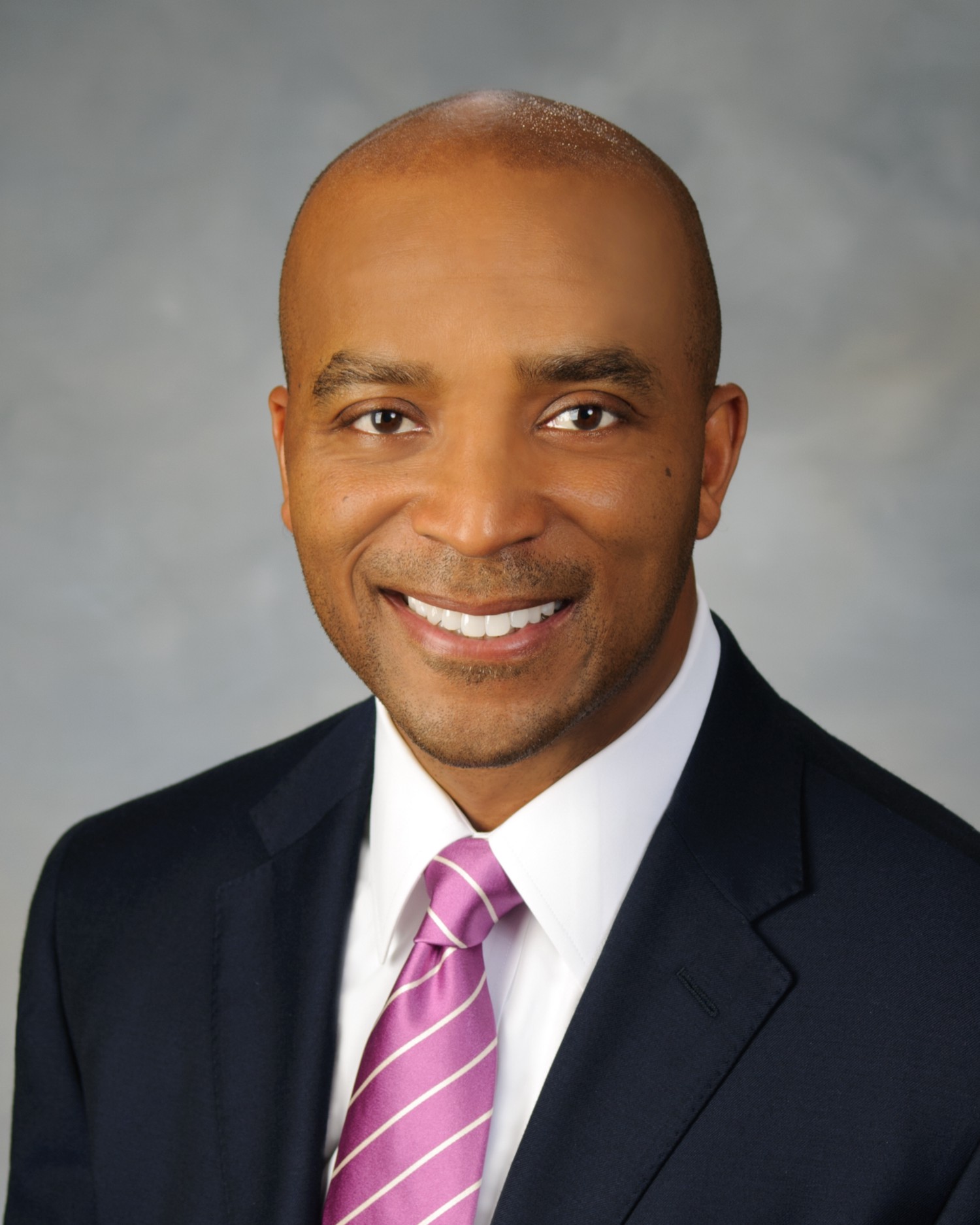My advice to a college graduate entering the corporate arena would be to assess the culture, develop relationships and devise a plan.
Navigating corporate culture is one of the biggest oversights plaguing new college graduates in 2018. The finesse involved in building relationships, allies, and friendships is a lost art. Fortunately, my interviewee happens to be one of the strongest networkers I’ve ever met and is willing to share some of his tried and true success strategies.
Recently I had the opportunity to interview Rodney Miller for the special series: Business Mentors Share Their Success Strategies.
Rodney Miller is Director of Business Information Governance at an international law firm and former co-founder of Long Real Estate Developers . A strategic, big-picture planner with a forward-thinking style who leverages business experience and insight in looking beyond the numbers to deliver creative solutions. We are consistently able to focus on firm vision, mission and objectives to increase revenue and profitability.
Krish: What’s your backstory?
Rodney: I graduated from Morehouse College with a bachelor’s in computer science and a minor in math in 1992. I then started a business career at Boeing Information Services as an Information Technology Analyst.
Boeing supported me when I tried out as a sprinter for the 1996 Olympics in Atlanta. Although I did not make the team, the experience enhanced my drive for excellence.
After spending a year as a Network Administrative Consultant with BellSouth, I went to work for the law firm of Alston & Bird LLP. During my 15+ years at the law firm, I worked my way up to Director of Business Information Governance and member of the Executive Staff. As Director, I am responsible for all new innovative business technology introduced to the firm. With strategic planning being core to my skill set, I work directly with the CIO and CFO in aligning the firm’s aggressive business initiatives and technical innovation in an effort to maintain a leadership status in the legal industry.
While working full-time at Alston & Bird LLP, I received my MBA in Management of Technology from The Scheller College of Business at Georgia Tech. In an effort to continue fine tuning my strategic management skills, I completed my Six Sigma Certification (Green Belt). In addition, my discipline, drive, determination and ability to multi-task allowed me to become a partner in Long Real Estate Developers while maintaining an executive level position at Alston & Bird.
As one of two principles with Long Real Estate Developers, I helped develop multi-million dollar communities which included both residential and commercial properties in the Atlanta area. With the use my strategic prowess, I was instrumental in managing and developing the company’s overall operations, which included: decision maker on a majority of new business engagements, approval of conceptual architectural designs, financial management, overseeing all marketing efforts and various day-to-day operations.
Krish: Success leaves clues. What has been your biggest influence in your career?
Rodney: My biggest influence came from finding my own voice. I’ve often been identified as a quiet leader. I usually lead by example, work hard, follow protocol and I am always a team player. All are characteristics of being a leader, but not necessarily, demonstrating leadership. As this method of leading pertains to my career and opportunity for growth, it didn’t bear fruit early in my career. Most of the time, I was simply viewed as a team player who had a level of influence. When I began to speak up and express my desire to grow and pursue more significant opportunities, doors started to open for me. I realized that “my voice” was revealed and it demonstrated strength to those key influencers. Many young talents are afraid to speak up and often miss opportunities to excel.
Many young talents are afraid to speak up and often miss opportunities to excel.
Krish: What’s the biggest advice you have for a college graduate for navigating the corporate landscape?
Rodney: My advice to a college graduate entering the corporate arena would be to assess the culture, develop relationships and devise a plan. I would say that this advice could be applicable to any work environment (be it corporate or non-corporate).
Assess your environment — It’s important to assess and learn the environment/culture in which you are residing. The cultural environment for corporate organizations will vary from company to company. I found it important to learn the vision, value and customer for each organization. These are the unshakeable characteristics each successful organization will covet.
Develop key relationships — Develop key relationships with those in your immediate work space. Typically with those that have seniority and are well respected. Be social. Step outside of your group/comfort zone and engage with others in different areas of the organization. Finding a mentor is critical and often times this individual may not be in your immediate department.
Devise a short-medium-long term plan — Define a measurable plan on what you would like to achieve over the first year. Break your year down in increments of quarters. This may be as simple as learning the various roles and responsibilities of varying departments to achieving certifications in a specialized skill. Develop a philosophy of setting measurable goals to ensure you are tracking your own growth and development.
Krish: What’s a lesson you learned in your 20s that propelled you forward?
Rodney: I learned to make sacrifices in my 20s. I’m sure making sacrifice has to be one of the biggest challenges for anyone in their 20s. My sacrifice was centered on my financial responsibilities. As a young person in my 20s, I had no concept of saving money and eliminating debt. All things about enjoying life in your 20s focused on spending money. However, the flip side is the ability to afford an opportunity to invest not only in financial instruments but also in you. The person who would become my mentor and business partner was instrumental in getting me on the right track shortly after completing my undergraduate studies. This financial lesson was the catalyst for me becoming a co-founder and qualified debtor for our organization. This garnered immediate credibility and value-add as a founding member. This particular sacrifice equipped me with very strong credit worthiness.

Krish: When it comes to starting a company and going from wantrepreneur to entrepreneur, what are some big mistakes people make? What was the big mistake you made?
Rodney: One big mistake “wantrepreneurs” make is misunderstanding the full scope of the sacrifice that is required. You must invest an absorbent amount of time in developing a business. Much of this time will be learning a lot of what you don’t know and often times things no one else will be able to do for you. This time is a byproduct of the lack of funds you will likely have to build a business. Another mistake I’ve seen often is friends attempting to build a business with other friends. Most young people have not developed or learned to differentiate between business and friendship. Unfortunately, I have had direct experience with this mistake. I placed trust in my friend as a roommate and potential business partner. We failed to execute a joint lease as a sign of trust as friends. After he failed to honor our unwritten agreement we were in default on our lease. This was my wake-up call to establish business requirements to include friends and family.
One big mistake “wantrepreneurs” make is misunderstanding the full scope of the sacrifice that is required.
Krish: You recently started a coaching company helping young entrepreneurs develop their ideas for launching. What are some lessons you’ve learned?
Rodney: My takeaways and lessons learned are as follows:
- Develop a screening/vetting program — we didn’t bother to investigate this young person initially; therefore, we had a few late discoveries that impacted our working relationship. If we had implemented a better screening/vetting process, we could have saved a lot of valuable time.
- Develop sound qualification criteria — define the characteristics of cohorts you are willing to engage in your organization. In order to provide quality resources, we must narrow the scope of cohorts in the portfolio.
- Differentiate between an idea and concept — while some of these cohorts are in the very early stages of their business concept, many times it is just an idea with no legitimate investment of time and effort. Concepts usually come with a voluminous amount of research and go-to-market strategy.
- Develop Measurable Benchmarks — establish a project plan with clear milestones. Assess progress early and often.
Krish: What’s next for you?
Rodney: Our next steps will be to continue to seek out entrepreneurs in the “untapped” community. Specifically, we have a focus on those with business ideas that are concentrated in the STEM fields. We are eager to be at the forefront of many innovative ideas utilizing various technologies. As we continue to define our business platform, we will actively seek partnerships and plan to explore any and all available opportunities.
A note to the readers: My typical articles discuss creating strong company cultures, which caters to small business owners, entrepreneurs, and startups scaling their companies. This article is meant for your friends and peers in the corporate life, trying to navigate their way up the corporate ladder. Please share this interview with them and hope it helps their journey.
A special thanks to Rodney Miller again!
Stay in the loop — Follow me and get updates when I post new leadership articles and interviews — check me out here:
Originally published at medium.com


